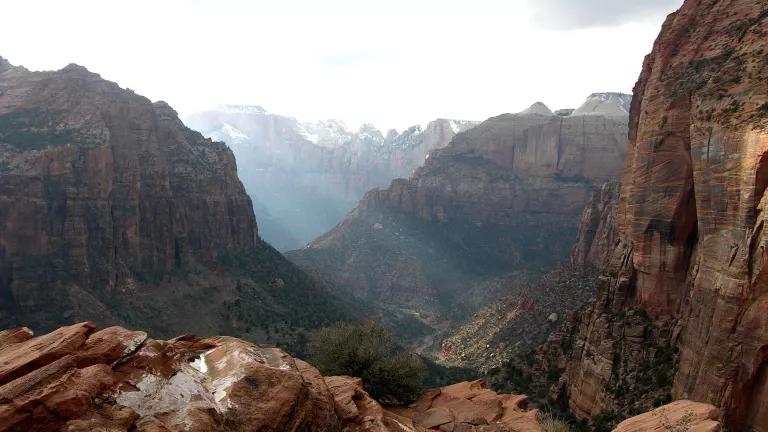On August 21st and 22nd, California’s Water Board was scheduled to take long-anticipated action to improve water quality in the San Joaquin River basin side of the beleaguered Bay-Delta estuary. Last week, the Board abruptly and indefinitely postponed its scheduled vote at the request of Natural Resources Secretary Laird.
According to CalMatters, Secretary Laird asked for an extension to allow more time to pursue voluntary agreements to protect native salmon in the San Joaquin Basin, even though his agencies have pursued such agreements for the last three years – with zero success. We expect the agencies will offer all sorts of flowery-sounding promises at the meeting. Here’s why you shouldn’t buy a word of it:
- For over a decade, the State has been promising to update water quality requirements to protect salmon in the San Joaquin River basin.
- The State has broken those promises time and again, even as salmon populations have continued to decline and the fishing communities that depend on them have continued to suffer.
- We’ve heard enough encouraging words and good intentions to last a lifetime.
- It’s time, once and for all, for the State Water Board to act.
Here’s a brief history of the State’s broken promises on protecting San Joaquin basin salmon and water quality:
2006 – the State Water Board commits to “immediately begin a process to evaluate and prioritize water quality control planning activities to address … San Joaquin River Flows.”
2008 – the Water Board resolves to adopt new San Joaquin flow standards by April of 2012.
2010 -the Water Board recognizes that the "Delta is in ecological crisis" and that the "best available science suggests that current flows are insufficient to protect public trust resources" including on the San Joaquin River.
2013 – the Water Board states that San Joaquin flow standards will be updated later that year.
2014 - Governor Brown unveils his Water Action Plan acknowledging that "the status quo in the Delta is unacceptable and it would be irresponsible to wait for further degradation or a natural disaster before taking action." The Water Board commits to completing the San Joaquin flows update in 2014.
2015 – Department of Fish & Wildlife Director Bonham joins with Assemblymembers Adam Gray and Kristin Olsen to call for irrigation districts and conservation organizations to forge voluntary settlement agreements in lieu of the Board’s proposed action. Chair Marcus states that the Board will adopt updated San Joaquin flow standards in 2016, and that any voluntary settlement agreements will be considered following that action. Resources Secretary Laird confirms that any settlement agreements will be completed by the end of 2016.
2016 - the Board commits to adopt updated standards in 2017 after extending opportunities to provide comment on the revised draft proposal multiple times. Chair Marcus explains to Governor Brown that these extensions will allow the Resources Agency additional time to pursue voluntary settlement agreements.
2018 – the Board schedules a vote to adopt new San Joaquin flow standards in August, but then postpones that vote indefinitely.
Actions speak louder than words. In the world of California’s critically endangered salmon runs and the threatened livelihoods of salmon fishermen, quick and decisive action is all that matters if we’re going to save this important resource. The State Water Board must stop making excuses and act now to improve water quality in the San Joaquin River basin.
The time for more words is up.


